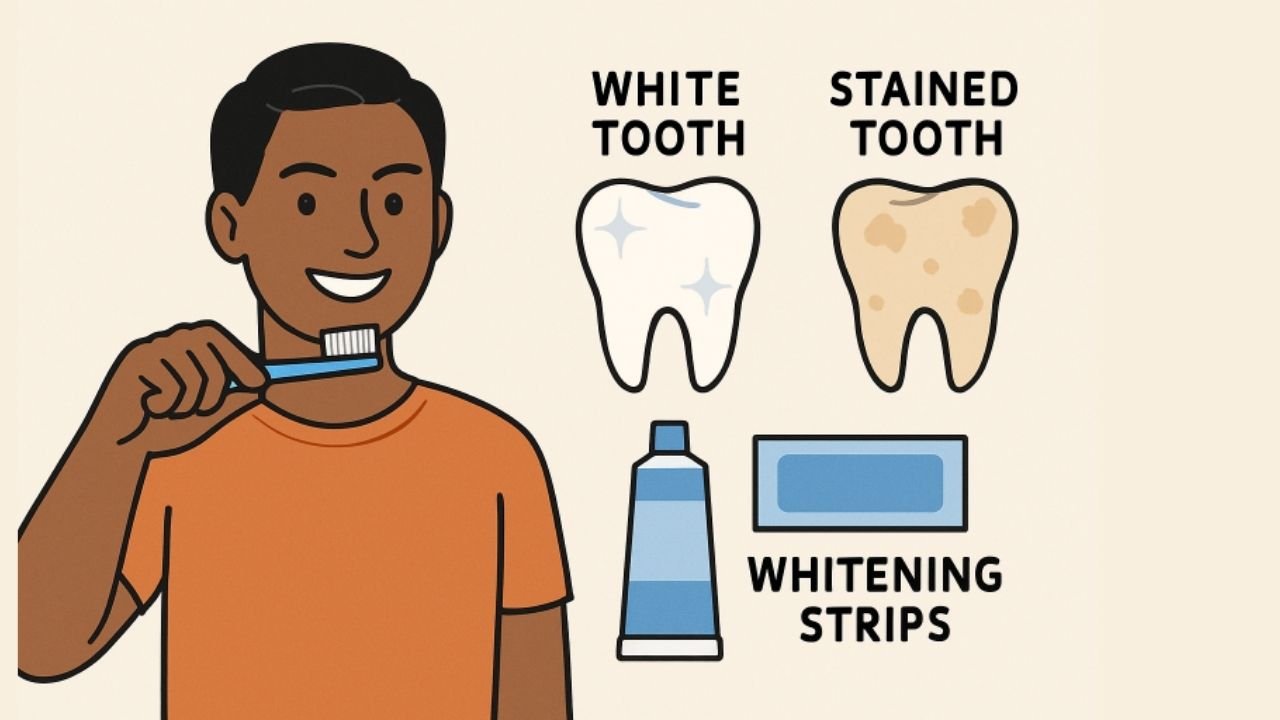Introduction
When it comes to leading a vibrant, fulfilling life, your eating habits play a crucial role. Our daily food choices impact everything from energy levels to long-term health, but transforming how you eat doesn’t have to mean restrictive diets or complicated regimes. Simple, consistent changes can overhaul your eating habits for a healthier you without overwhelming your busy schedule or your family.
This guide will help you explore what it truly means to adopt healthy eating habits, provide tips to make small but impactful changes, and show you how to build a support system that makes choosing better food easy. Whether you’re a health-conscious individual, a busy professional, or a parent managing a family, these strategies will fit into your life seamlessly.
Understanding Healthy Eating
Defining Healthy Eating Habits
Healthy eating habits are all about balance and mindfulness. They don’t mean cutting out all your favorite treats but instead focusing on whole, nutrient-dense foods that fuel your body. It includes eating a variety of fruits, vegetables, whole grains, lean proteins, and healthy fats. The ultimate goal is to satisfy your nutritional needs while enjoying your meals and avoiding extremes.
Benefits of a Balanced Diet
Why does eating healthier actually matter? A balanced diet can:
- Improve energy levels throughout the day
- Support weight management and prevent overeating
- Reduce the risk of chronic illnesses like diabetes, heart disease, and certain cancers
- Improve mental clarity and mood
- Strengthen your immune system
Adopting balanced eating habits creates a solid foundation for both physical and mental well-being, helping you thrive in all aspects of life.
Building Your Supportive Environment
The Role of Family and Friends
Your environment has a significant impact on your ability to maintain healthy eating habits. When your family and friends are on board, it becomes easier to stay consistent. Consider involving them in meal planning and cooking. This not only makes healthy eating a social activity but also ensures accountability.
Creating a Healthy Pantry and Fridge
Out of sight, out of mind—it’s a principle that holds true for food. Stock your pantry and fridge with healthy options like:
- Fresh fruits and vegetables
- Whole-grain bread, pasta, and rice
- Lean proteins like chicken, fish, tofu, and beans
- Healthy snacks like nuts, seeds, and yogurt
Remove or minimize processed snacks and sugary drinks to avoid unnecessary temptations.
Making Small, Consistent Changes
Incorporating More Fruits and Vegetables
One of the easiest ways to improve your diet is to eat more fruits and vegetables. Try to:
- Add a handful of spinach to your morning smoothie
- Include a side of steamed broccoli or roasted veggies in your meals
- Keep fresh fruit like bananas or apples handy for quick snacks
Choosing Whole Grains and Lean Proteins
Replace refined grains with whole grains such as quinoa, brown rice, or whole-grain bread. Additionally, focus on lean proteins like chicken, fish, or plant-based options such as lentils and tofu for meals that fuel your body efficiently.
The Impact of Awareness and Nutrition Education
Understanding Nutritional Labels
Reading and understanding nutritional labels can be a game-changer. Pay attention to:
- Calorie count
- Added sugar
- Saturated versus unsaturated fats
- Fiber and protein content
This helps you make more informed choices while shopping.
The Importance of Portion Control
Even healthy foods should be enjoyed in moderation. Use smaller plates, pay attention to serving sizes, and listen to your hunger cues to avoid overeating.
Overcoming Common Challenges
Dealing with Time Constraints
Busy schedules can make healthy eating seem impossible, but meal prep is your secret weapon. Prepare meals in bulk on weekends so you have quick, nutritious options throughout the week. Investing in a slow cooker or instant pot can also save time.
Coping with Cravings and Temptations
It’s hard to completely avoid cravings. Instead of fighting them, opt for healthier alternatives. Craving something sweet? Try dark chocolate or make your own fruit-based desserts. If you love salty snacks, roasted chickpeas or popcorn (lightly seasoned) make excellent substitutes.
Tips for Eating Healthier on a Budget
Planning Affordable, Nutritious Meals
Healthy eating doesn’t have to mean pricey ingredients. Stick to staples like beans, lentils, whole grains, and in-season produce. Planning meals ahead of time helps you avoid impulse buys and wasted ingredients.
Utilizing Seasonal and Local Produce
Seasonal and local produce is often fresher and cheaper. Visit your local farmers’ market or buy in-season fruits and vegetables to save money while maintaining quality.
Buying in Bulk and Storing Smartly
Purchasing items like rice, oats, nuts, and frozen vegetables in bulk can be a cost-effective way to stock up on healthy essentials. Proper storage, such as airtight containers and freezer bags, ensures products stay fresh longer, reducing waste and saving money.
Conclusion
By making thoughtful choices such as purchasing seasonal produce, buying in bulk, and storing food properly, you can enjoy a nutritious diet without breaking the bank. Small steps like these not only help you save money but also reduce food waste and support sustainable practices. A balanced approach to shopping and meal preparation benefits your health, your wallet, and the environment.
YOU MAY ALSO LIKE
ztec100.com – Redefining Health and Insurance Through Technology
FAQs
What are the best eating habits for overall health?
The best eating habits include eating a balanced diet with plenty of fruits, vegetables, whole grains, lean protein, and healthy fats. Limit processed foods and added sugars.
How can I change my eating habits for the better?
Start with small, manageable changes, like swapping sugary drinks for water, incorporating more vegetables into meals, and practicing portion control.
Are there specific foods I should avoid for a healthier diet?
Avoid refined grains, added sugars, and heavily processed foods. Focus instead on whole, nutrient-dense options.
How can I encourage my family to eat healthier?
Get them involved in meal prep, introduce small changes gradually, and make healthy meals fun by experimenting with flavors and presentations.
What are some affordable ways to eat healthier?
Plan meals, purchase in bulk, and focus on staples like beans, grains, and seasonal produce. Cooking at home also saves money compared to eating out.
Small Changes, Big Transformations
Transforming your eating habits for a healthier you doesn’t require a complete overhaul. By making small, consistent adjustments and fostering a supportive environment, healthy eating becomes second nature. Take control of your nutrition, and watch your energy, health, and enjoyment of life improve like never before. Start your healthy eating transformation—your future self will thank you!











